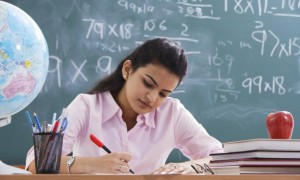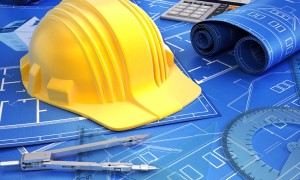Math lesson plans for kindergarten students makes learning math concepts simple, fun and experiential. It provides a solid foundation for children with each lesson either introducing a new math concept to students or developing the fluency in them in performing various math skills. Lessons are tackled with creative and interesting examples that come in colorful illustrations and photos. Below are some of the topics included in this publication:
Counting, Addition and Subtraction
Kindergarten students are introduced to the practice of skip counting and the skill of matching number symbols with their corresponding words. Activities are provided to help them gain a better grasp of addition and subtraction. One example is using numbers to demonstrate and solve story problems that illustrate these math operations. In addition, kindergarten students will expand their skills in using the number line to represent numbers and model addition problems.
Patterns, Sorting and Ordering
Comparing and ordering sets of numbers can be challenging but these will be simplified for students with the help of cardinal and ordinal meanings. They will also be taught how to recognize counting and non-counting patterns in objects. Remembering rules involving these concepts will be easier as they will be the ones to translate simple patterns into rules.
Presenting addition as a process of “putting together” or “counting on” is one of the key concepts lesson plans will give kindergarten students. This will help them see addition as a simpler process, while making them see the world around them in a different light.
Collecting and Measuring
Through engaging in activities that present everyday objects, students will learn the skill of collecting and counting data. One example is using a tally sheet while taking a survey and, later, producing a graph with their collated information. Kindergarten students will further their skills in observation with activities related to measurement, particularly comparing and ordering measurable attributes of objects. This topic is taken a notch higher with the presence of word problems, which students will learn to solve through measurement and comparison of objects.
While kindergarten students will be asked to identify time and tell how long or how short objects are, lessons in measurement go beyond these activities. A good example is creating recipes for snacks, thus requiring them to quantify and measure ingredients.
Geometry and Symmetry
Shapes may not be new to kindergarten students, but the discussions applied in a lesson plan will give students a good introduction to the language of geometry. They will learn to interpret and describe the objects around them, especially with the lessons on two-dimensional and three-dimensional figures. The discussion of the latter, for example, will help children understand how objects around them move or operate. Lessons in this section will also lead them to the exploration of symmetry and spatial reasoning. The world of geometry will help kindergarten students enhance their critical thinking skills as they tackle problems involving shapes and spatial reasoning.
Kindergarten math becomes a series of fun and creative activities as students learn about numbers and figures with respect to their environment. With this education material, kindergarten students indeed become better detectives as they develop both their skills in critical thinking and their sense of wonder and imagination.










